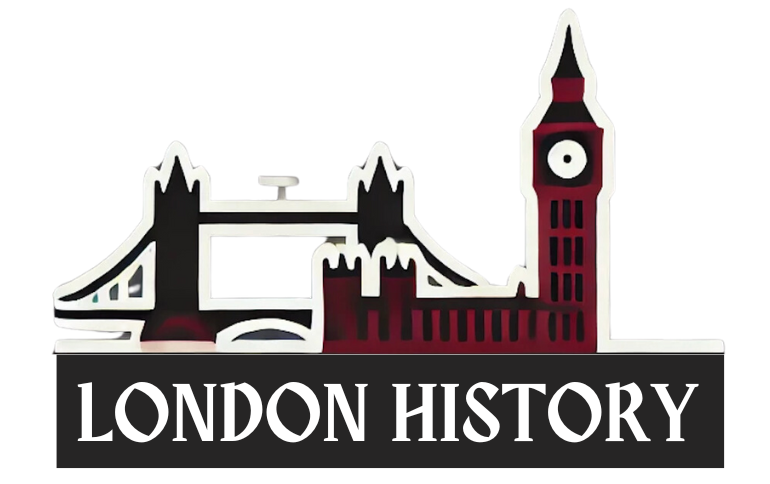Victorian values have profoundly shaped modern Britain, influencing aspects of society, culture, and governance that persist today. The emphasis on hard work, moral strictness, and social responsibility can still be seen in contemporary British values and institutions. These principles originated from a period marked by strict social hierarchies and a strong sense of duty.

The Victorian era saw significant advancements in education and public health, which laid the foundations for today’s welfare state. Policies and reforms from this time aimed to address the needs of the poor and improve societal well-being, a legacy that continues in many of today’s public services.
Britain’s legal system and political landscape were also heavily influenced by Victorian values. The promotion of fairness and justice, alongside a spirit of philanthropy, can be traced back to this pivotal period in British history. These enduring influences make the Victorian era a crucial chapter in understanding modern Britain.
Origins of Victorian Values
Victorian values originated from distinct political, social, and cultural influences during the 19th century. These values were significantly shaped by the era’s morality and the influential figures and philosophers of the time.
The Victorian Era: An Overview
The Victorian Era spanned the reign of Queen Victoria, from 1837 to 1901. This period was marked by rapid industrialisation, scientific advancements, and major social reforms. Britain became a global power, leading in innovation and commerce.
The era saw the rise of the middle class, which played a crucial role in shaping societal norms. Gender roles were clearly delineated, with an emphasis on family, propriety, and hard work. This period witnessed significant cultural and literary accomplishments.
Foundations of Victorian Morality
Victorian morality centred on a strict code of conduct grounded in religious faith, especially Christianity. The notion of duty, self-discipline, and a relentless pursuit of moral excellence formed the core principles.
Sexual restraint and a strong work ethic were highly valued. Public and private lives were expected to be devoid of moral faults, guided by an unwavering adherence to civility. Education and self-improvement were paramount, driven by the belief in progress and personal responsibility.
Notable Victorian Figures and Philosophers
Several figures were instrumental in espousing Victorian values. Charles Dickens, through his novels, illustrated societal issues and the importance of moral rectitude. John Stuart Mill advanced the philosophy of utilitarianism, influencing ethical and political thought.
Thomas Carlyle championed the virtues of hard work and social duty. Queen Victoria herself became a symbol of the era, embodying its values of duty, family, and modesty. These thinkers and leaders collectively shaped the moral and cultural fabric of Victorian Britain.
Influence on Modern British Society

Victorian values have left a lasting impact on various aspects of modern British society. Key areas of influence include social structures, gender roles, family dynamics, and economic policies.
Continuities in Social Structures
Victorian society placed a strong emphasis on class distinctions, which continue to persist in some form.
Many institutions, such as public schools and universities, still reflect these historical divisions. Class was a crucial concept in Victorian times, and echoes of this can still be observed in the rigid social hierarchies of today.
Access to quality education and upward mobility are still influenced by a person’s background, demonstrating the enduring legacy of Victorian-era social stratification.
Attitudes Towards Gender and Family
Victorian values placed men as the breadwinners and women as homemakers.
Although there has been significant progress towards gender equality, traditional gender roles still influence modern British society. Family life during the Victorian era emphasised strict roles for mothers and fathers, which has evolved but remains a topic of societal debate today.
Parental responsibilities and domestic duties, often influenced by Victorian precedents, perpetuate discussions on gender and equality in family settings.
Economic Policies and Entrepreneurial Spirit
The Victorian era was a period of significant economic change and industrial growth, encouraging entrepreneurial pursuits.
Modern Britain continues to mirror this spirit through its economic policies and business landscape. Victorian principles of hard work, innovation, and self-reliance underpin today’s economic system.
The foundations for modern capitalism, including the emphasis on individual enterprise and the free market, were solidified during the Victorian period and remain relevant in Britain’s contemporary economic framework.
